An INFEMIT community conversation
Continuing the conversation begun at the Stott-Bediako Forum on Jesus and Empire: Christian Witness in the Context of Power, several members of the INFEMIT community met with Martin Accad to ask questions about his research and work challenging the systems of power in Lebanon. Martin’s original presentation to the Forum is titled: “Jesus and Revolution: Leading a Change Movement and Reinvesting the Public Space.” You can watch the presentation here.
Listen to the conversation with Martin, or read the excerpt below.
Click to listen or find the episode on your preferred podcast platform here.
Conversation Excerpt
Question (Jayachitra Lalitha, summarized): Can you clarify what you mean when you use the words “majority” and “minority” and “mainstream” and “marginalized” and the way Jesus interacted with these?
Martin: There is a dynamic between marginalized and mainstream, on the one hand, and majority-minority on the other. And often, where there is a deep injustice, the marginalized are actually the majority. And the mainstream is the minority – but it’s a minority in power, a minority that controls the public discourse. And so, in that sense, what I’m saying is that Jesus’s teaching and behavior emphasized and amplified the voice of the oppressed margins, which I think probably represented a majority. And I think that the ruling elite, which was a combination of political and religious powers who were numerically in the minority, but, in terms of power, they controlled majority power.
And that’s the sensitivity I think of the whole question of minority-majority. And I’ve spoken elsewhere about the process not of being a minority but the process of minoritization as a process of oppression and subjection. And so, you might be part of a numerical majority, but be minoritized within a particular aspect of your identity.
So, for instance, as an Arab Christian, I’m in a numerical minority in the Middle East, and particularly the Arab Middle East […] So, I can accept that label of being a minority and live with a very dim voice, or I can embrace the fact that I am part of a majority of Christians and Muslims that stand up against oppression and injustice. And so, when I am able to embrace that majority position, then I am empowered to speak to the minority now in power, which is oppressing.
And I feel minoritized quite often by Christians in the West. So, as an Arab Christian, when Christians in the West say they want to protect Christians in the Middle East, I am being minoritized. I don’t need protection from my Muslim and other non-Christian neighbors who are being oppressed by a system of injustice. I am in need of being left alone or at best empowered by others to take my place within the oppressed majority, so that together we can work against the systems of oppression, which often represent a minority in power or is represented by a minority in power.
The views and opinions expressed in these interviews are those of the interviewee and do not necessarily reflect an official position of INFEMIT. We seek to foster reflection through conversation, and we ask you to be respectful and constructive in your comments.
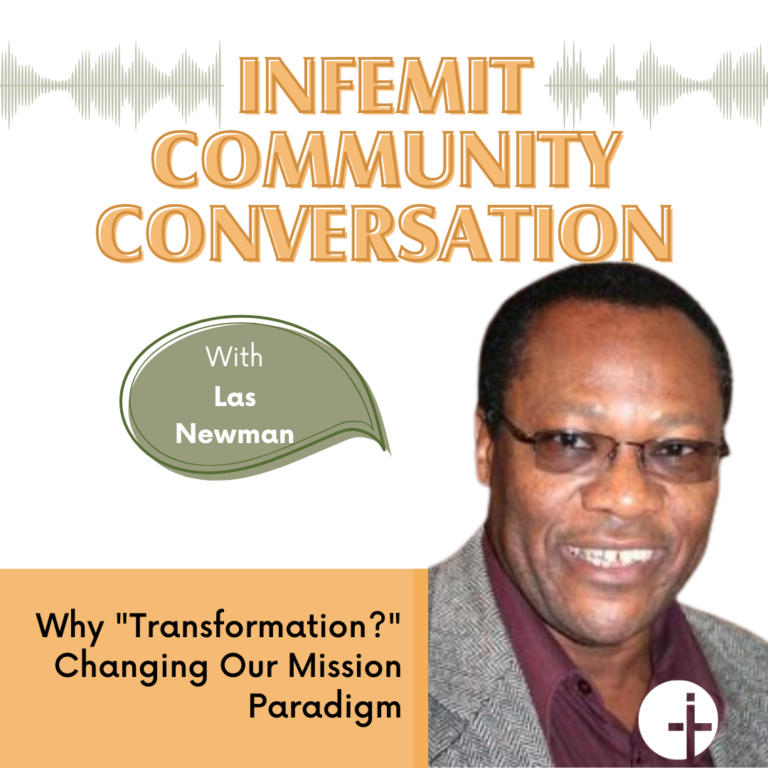
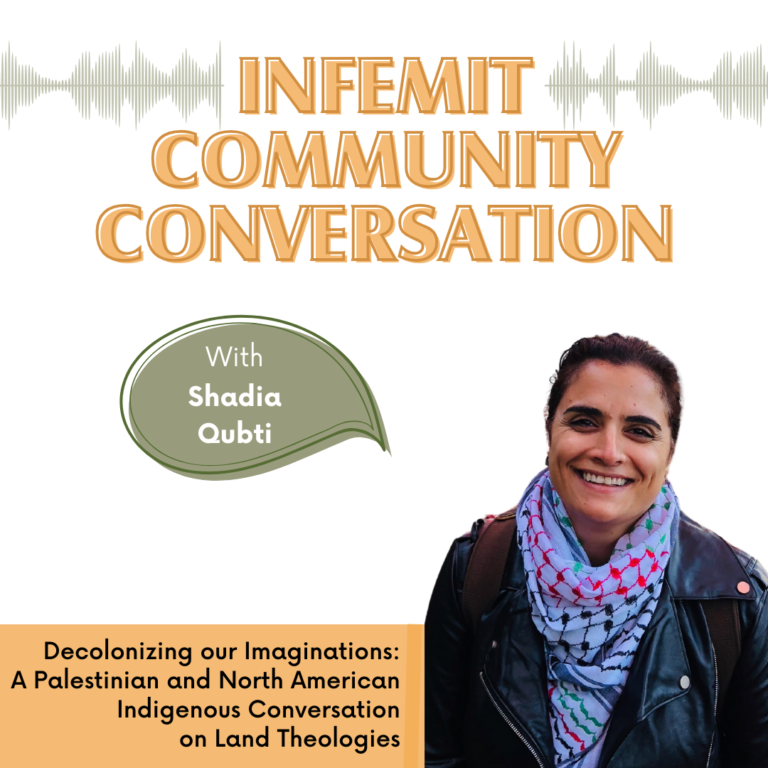
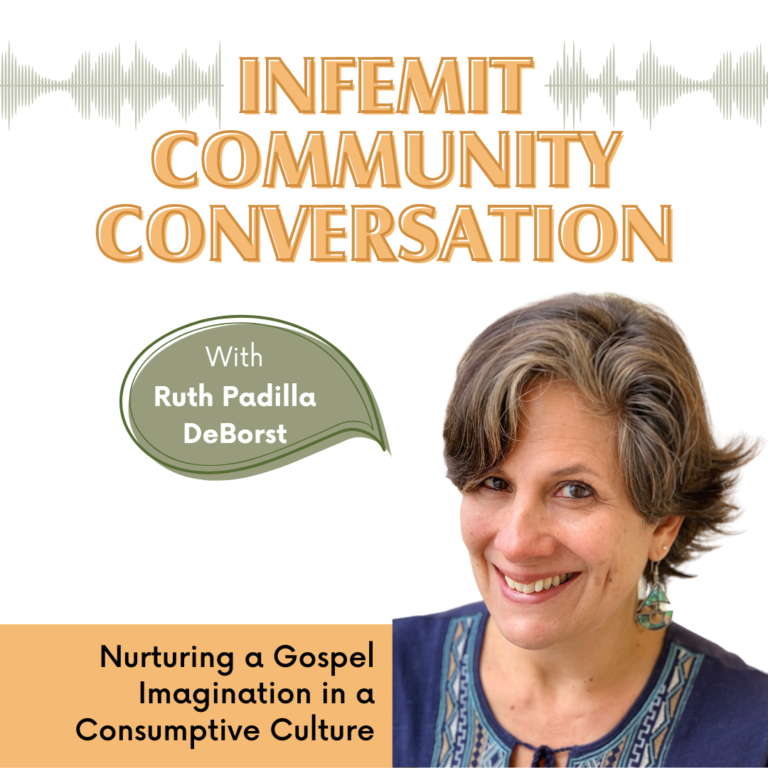
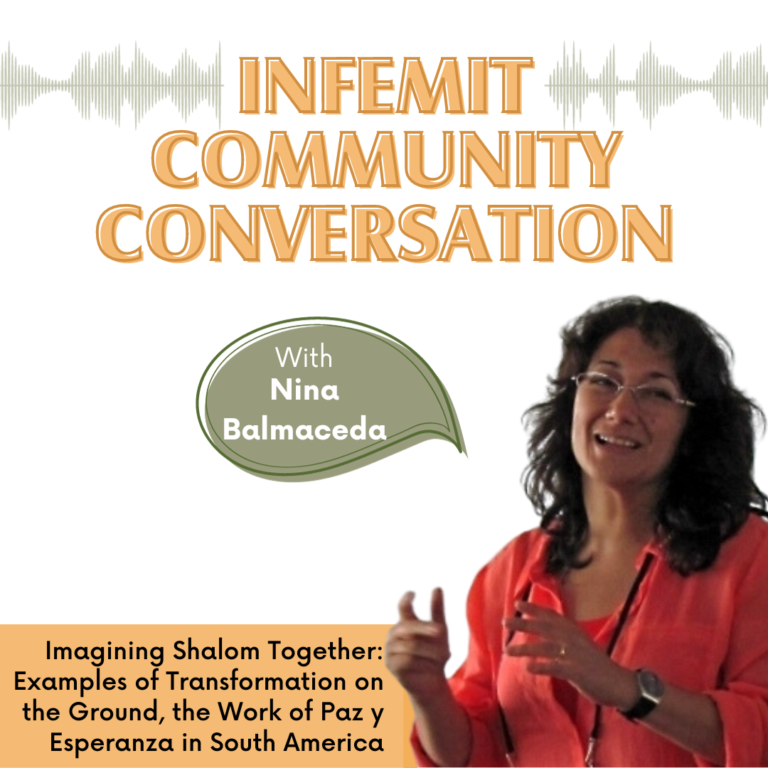
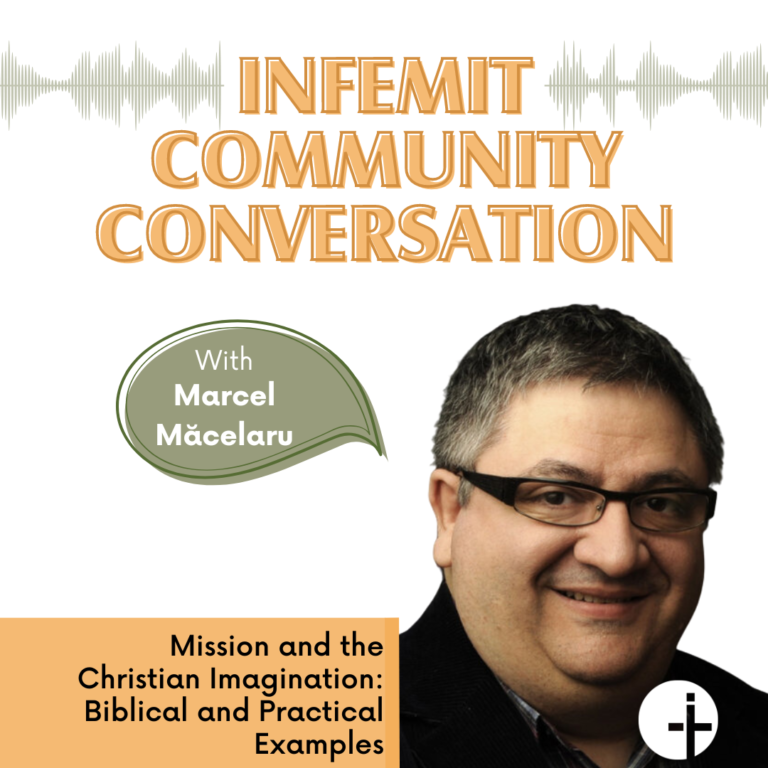
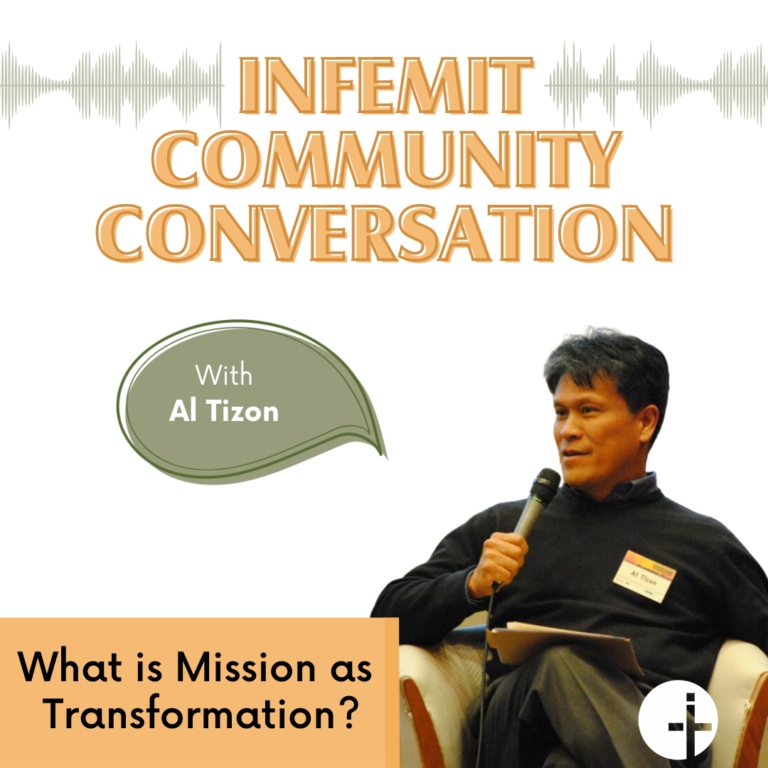
Leave a Reply